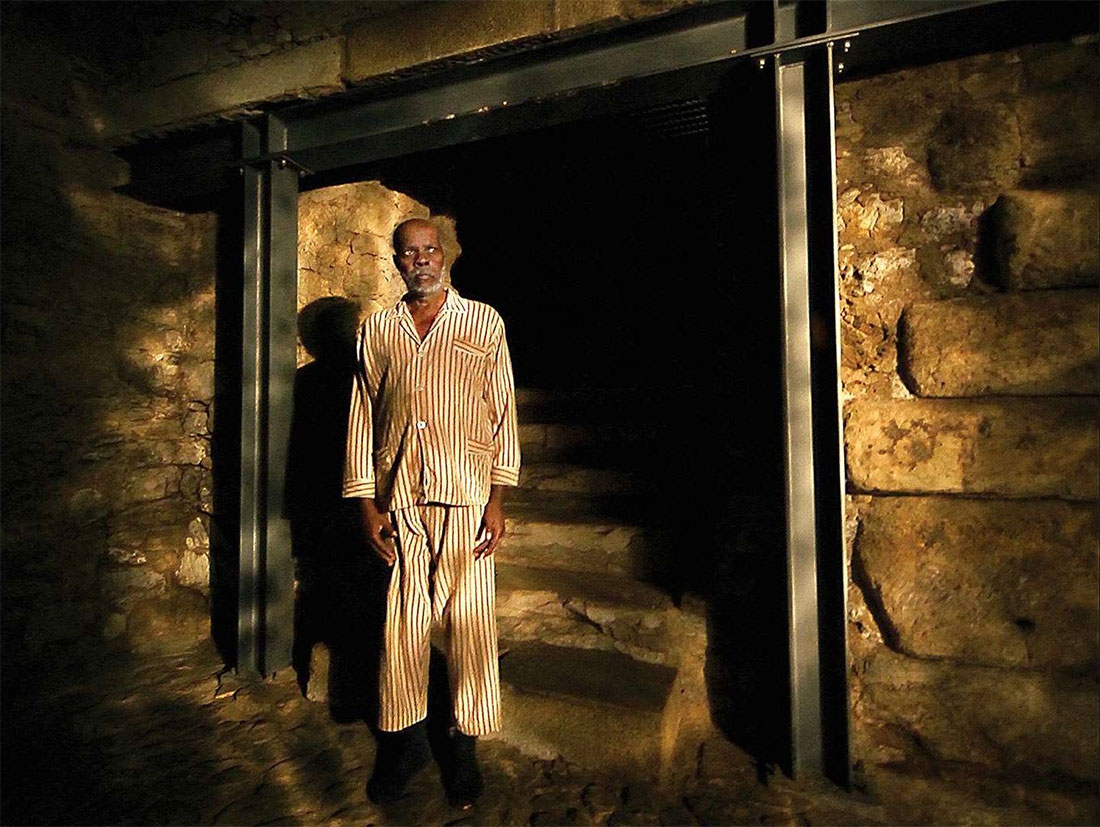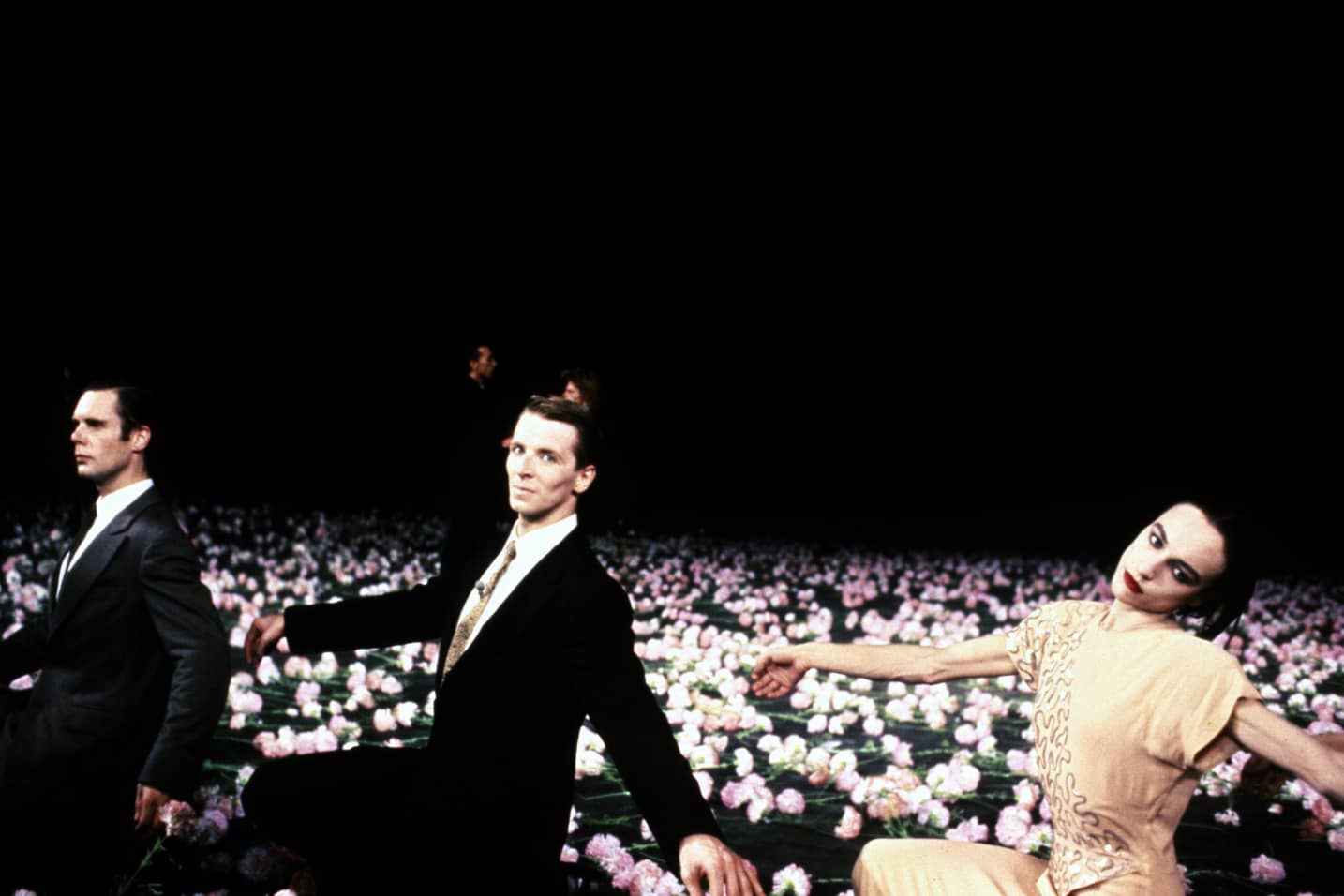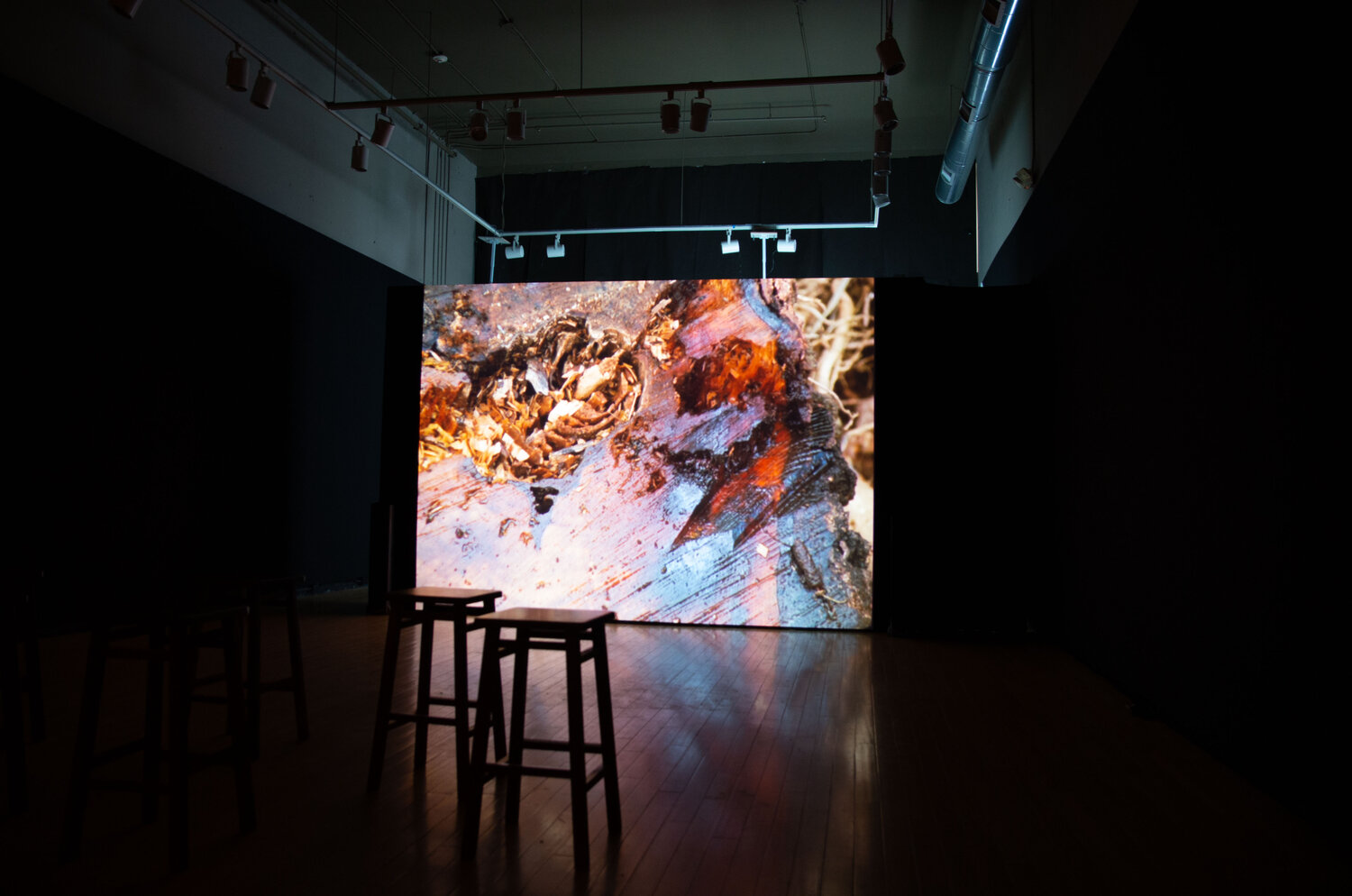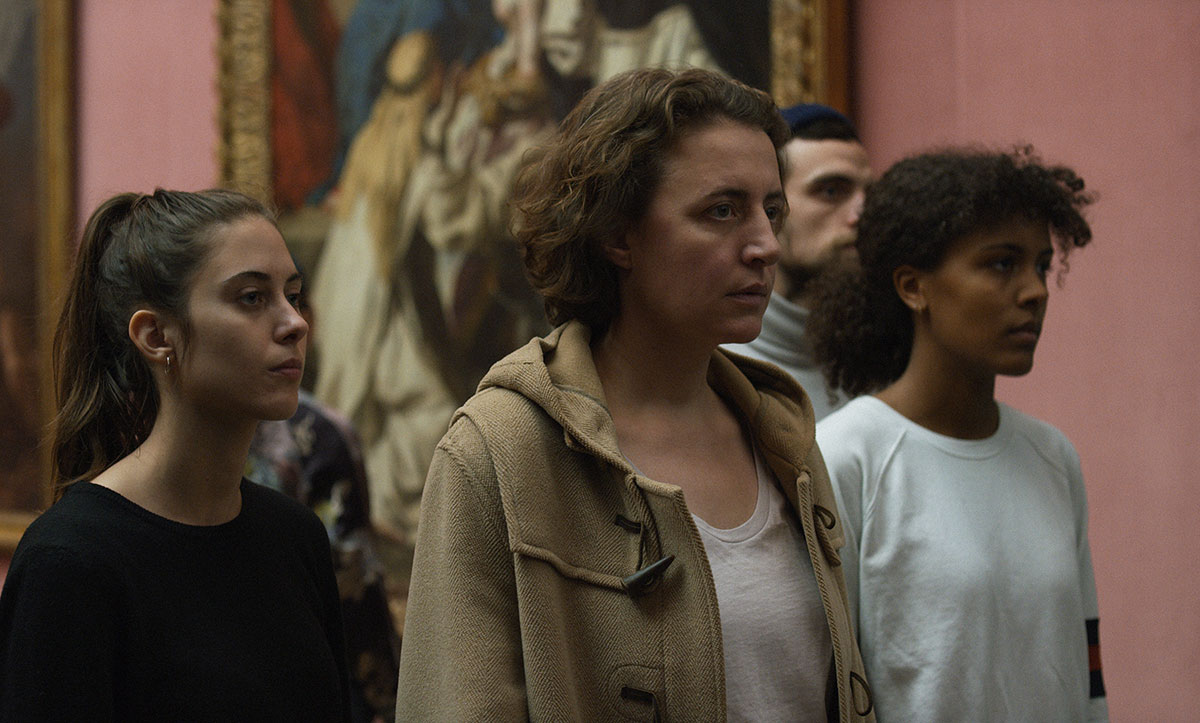
Horse Money
October 25, 2015 · Knoxville Museum of Art · 2:00 p.m.
“As gorgeous and impenetrable as a dream.” — Matt Zoller Seitz, RogerEbert.com
Programmer’s (long-winded) Notes
Pedro Costa’s latest collaboration with a community of Cape Verdean immigrants in Lisbon opens with a silent montage of still photos by Jacob Riis, a muckraking journalist and social reformer who documented the lives of the working poor in turn-of-the-century New York City. I learned Riis’s name and the subject of the photos only after the screening; they’re presented in the film without context or explanation. I had assumed the images were dusty remnants of Portugal’s past, as if Costa were only making the (familiar) point that historical progress is slow and tragic, that our institutions and economic systems continue to fail the same people in the same ways. However, the montage also recalls, formally, the opening of Costa’s second feature, Casa de Lava (1994), which introduces the topography and people of Cape Verde by cutting together footage of volcanoes with portraits of Cape Verdean women. Costa scores Casa de Lava’s opening montage with a Paul Hindemith viola sonata, self-consciously announcing his position as an outsider (this is the music of cultured Europe rather than post-colonial Africa) and aligning himself artistically with the modernists. The Riis photos are, likewise, a kind of declaration of principles. Costa is himself something of a muckraker, and the images in Horse Money are similarly sublime, haunted and material.
Costa cuts from the last Riis photo – an image of a cramped alleyway with eight people staring back toward the camera – to a full-colour shot of a painting of a young black man, which creates the effect of an eyeline match. Horse Money is very much a film out of time. To say that the painting acts as a transition from past to present wouldn’t be quite right, as the first person we see, Ventura, is himself caught in a liminal space. Now in his early 60s, he seems to exist simultaneously in the present moment, in 1974 when he was nineteen years old and caught up in Portugal’s revolution, and in all points in between. Since we last saw Ventura in Colossal Youth (2006) he’s developed a tremor in his hands: “I know a bunch of hospitals,” he tells a doctor before rattling off the names of several. The stark white walls of the new housing development in Colossal Youth have been replaced here by a different bureaucratic dystopia, the indistinguishable lobbies, cafeterias, elevators and hallways of our modern healthcare facilities. On those rare occasions when Ventura does step out into the world, it’s an equally strange and symbolic space, littered with monuments, faceless military forces, and rubble. “You’re on the road to perdition,” a woman tells him.
Aside from a brief appearance by Lento, the friend tasked with memorising Ventura’s letter in Colossal Youth, none of the other major characters from Costa’s previous Fontainhas films feature in Horse Money. Instead, he introduces Vitalina, a woman in her early 50s who has recently flown from Cape Verde to Lisbon to bury her husband. She speaks in a raspy whisper and her face is, for now, incapable of expressing much beyond grief and exhaustion. Costa’s style has evolved steadily through the years, and the move toward Cubist-like compositions in Colossal Youth (the signature shot of Ventura dwarfed by the angular towers, for example) now predominates, culminating in a remarkable close up of Ventura’s and Vitalina’s faces in profile. They talk about their loves and losses in intimate detail. “Did you get Zulmira a full wedding dress?” she asks him, tears in her eyes. “Did you buy her undergarments? Headpiece and shoes?” When the voice of Zulmira, Ventura’s long-lost wife, comforts him later in the film, Horse Money fully reveals itself as a Gothic melodrama – and a deeply stirring one at that. — Darren Hughes
“Painterly and meditative in Costa’s singular manner, this 2014 feature reconfigures traumatic episodes, both personal and historical, into a waking dream.” — Ben Sachs, Chicago Reader
About the Filmmaker
Pedro Costa was born in Lisbon and studied at the Lisbon Theatre and Film School. His films include Casa de Lava (94), Ossos (97), In Vanda’s Room (00), which earned him the France Culture Award at Cannes, Colossal Youth (06), and Change Nothing (09). Horse Money (14) is his latest feature.








